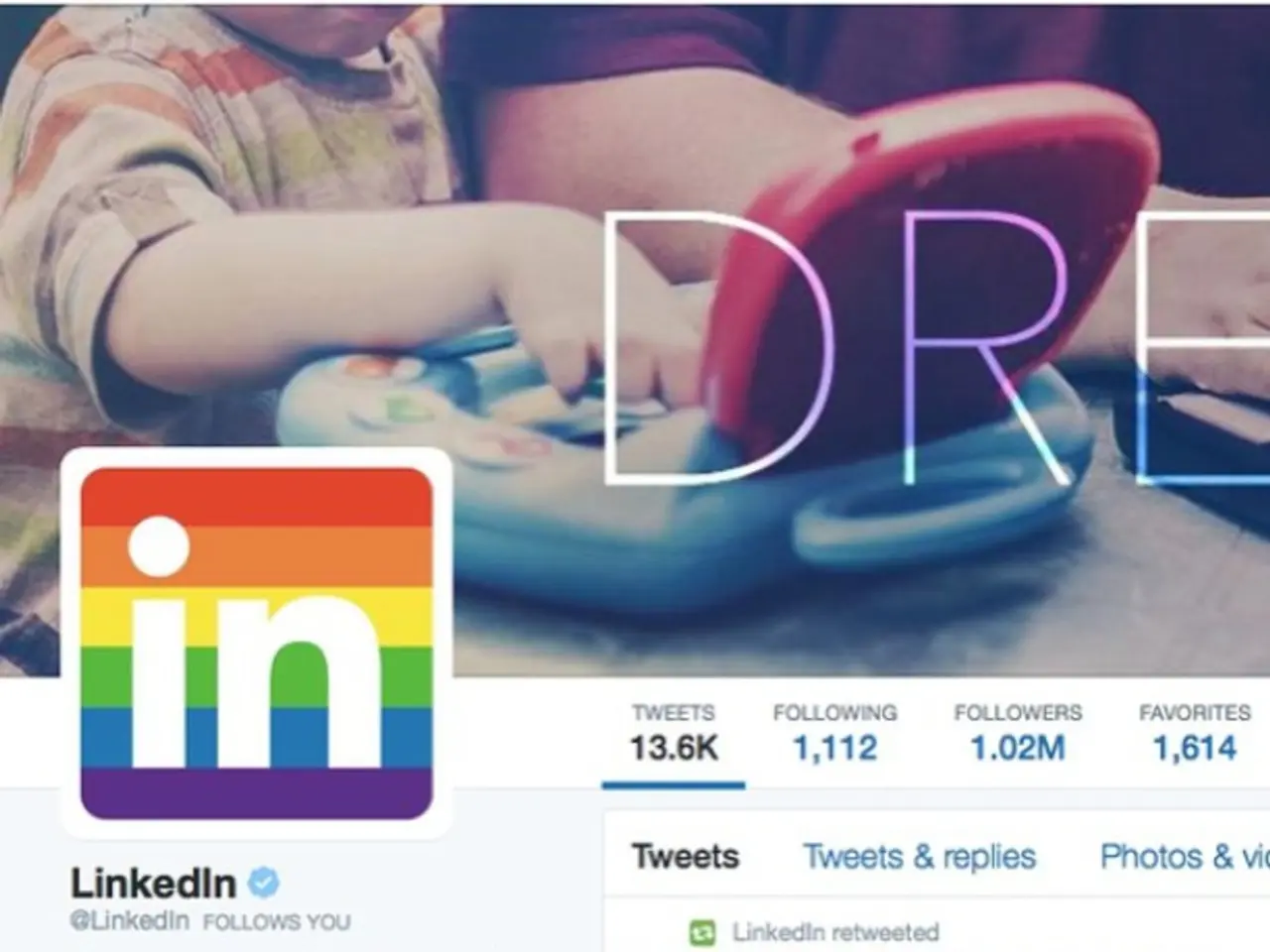LinkedIn Broadens Artificial Intelligence Learning, Commencing November 3, with Incorporation of User Information
In a significant move towards transparency and user control, LinkedIn has announced updates to its AI training policy, set to take effect on November 3, 2025. The changes come as social media platforms face increasing scrutiny over AI training practices, with legal challenges against various technology companies underscoring the importance of clear policies and user consent mechanisms.
The policy change will see LinkedIn leveraging members' data and content for training generative AI models. This expansion reflects the platform's broader strategy of integrating artificial intelligence throughout its professional networking ecosystem. LinkedIn's generative AI features serve multiple purposes, including job matching capabilities, Writing Suggestions, Profile Writing Suggestions, Suggested Posts, and more.
Regional compliance requirements create additional complexity for LinkedIn's global implementation. The updates to LinkedIn's European Regional Privacy Notice on November 3, 2025, are just one example of this complexity. Members in the European Economic Area, Switzerland, the United Kingdom, Canada, and Hong Kong will have opt-out controls for data usage in AI training. However, there is currently no specific publicly available information about which companies and in which countries will use member data and content for training generative AI models starting November 3, 2025.
LinkedIn is committed to providing users with granular control over their information usage. Data processing objection mechanisms, such as the Data Processing Objection form and Notice of Copyright Infringement forms, allow members to submit objections to non-content generating AI models and copyright considerations, respectively. Age-based protections prevent LinkedIn from using data from members believed to be under 18 years old for training content-generating AI models.
Certain categories of sensitive information, such as private messages and payment methods, are excluded from AI training datasets. Training data quality measures ensure LinkedIn's AI models receive diverse, representative information through synthetic datasets and publicly available information supplementation.
Member education represents a crucial component of LinkedIn's rollout strategy. Detailed resources are provided to help members make informed decisions about their participation in AI training programs. Members can access their generative AI conversations through LinkedIn's data access tool and request deletion of stored interactions. Storage and access policies for AI-generated content follow LinkedIn's standard data retention practices.
LinkedIn's plans to share additional data about members in Canada and Hong Kong with affiliate Microsoft for personalized advertisements is a separate initiative and does not form part of the AI training policy.
The company's implementation timeline provides members with advance notice and control options. The new policies will take effect on November 3, 2025, unless users actively opt out. LinkedIn's AI training policy reflects broader industry trends towards AI integration in professional platforms, positioning the company at the forefront of this technological shift.






